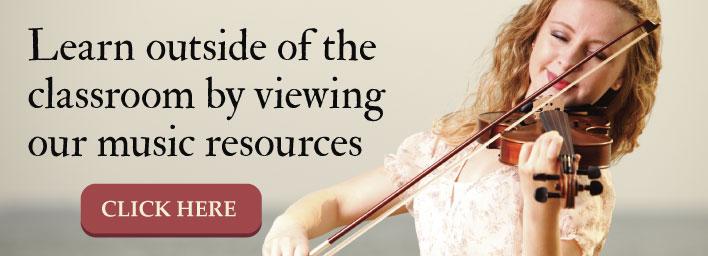Strength Exercises For Cellists & Bassists

The physical exertion required - and the amount of injuries sustained - to be an orchestra musician rivals that of athletes. Scientific studies reveal:
The physical demands of performance in the music profession are such that musicians have been compared with athletes...epidemiological data show that some kind of performance-related pain or injury will affect between 32% and 89% of undergraduate music majors at a university.
Researchers of these studies conclude that strength and endurance exercises should be incorporated into music school training, particularly exercises that focus on flexibility, healthy core and postural muscles, light weight training that strengthens supportive muscle groups and cardio/endurance training that supports the rigors of long rehearsals and/or onstage performances.
These exercises are especially important for cellists and bassists, because the physical increase in the size of your instrument inherently results in greater physical exertion required by your body to make music.
Cellists & Bassists Should Train Like Athletes
The bottom line is that music students who participated in specific strength and endurance training for 6-weeks showed marked reductions in pain, tingling, numbness, and fatigue that often accompanies demanding rehearsal and performance schedules. So, the more you incorporate athletic-like training into your typical, musician-like warm ups and dexterity - the better off you're body will be in the long-run, and the fewer overuse injuries you can expect over time.
Here are some of the exercises most likely to support your health and well-being as a musician.
Light weight lifting
Does this mean you need to run out there and weight train like a linebacker? Absolutely not. In fact, heavy weight lifting will do you more harm than good - fatiguing your muscles and making it more difficult for muscle fibers to relax.
Rather, cellists and bassists are better off speaking to a sports trainer or physical therapist about a light weight training routine that cumulatively builds strength - - particularly in the upper-body/arms - and tone, without becoming overly-bulky.
If you're not yet in college, your PE teacher will be a good resource for this, otherwise - the trainers in your university or community gym will customize a weight training/exercise routine that focuses on the muscle groups you use most while you play.
Yoga or Pilates
Yoga and Pilates are both excellent exercises that build both strength and endurance in a healthy and body-conscious way. They both meet you where you are at in terms of physical strength/shape - which makes them more non-threatening ways to get in shape if you're a musician who's never emphasized exercise before.
In addition to working on postures and stretches that improve overall strength and flexibility, both of these exercise forms focus on the core muscles - those that help to hold your body up. The stronger your core is, the better and healthier your posture will be, and the better able you'll be to maintain the healthy playing techniques that produce beautiful tones, while minimizing overuse injuries.
Tai Chi
At first glance, the very slow and methodical movements of a graceful Tai Chi practice look so easy. In fact, they require a tremendous amount of focus and balance - as well as inner strength. You know what it's like to hold your bowing arm out from your body for hours on end - it may not look like much, but it takes a lot. Well, the same idea holds true for the ancient choreography involved in Tai Chi.
Like Yoga and Pilates, Tai Chi is an easy exercise form to step into, even if you've never been an athlete before. And, like Yoga, Tai Chi places significant emphasis on breath work, focus, mindfulness and mastering the constant chatter that disturbs your inherently peaceful nature - a practice that comes in handy during finals week, in the midst of holiday concert season, before solo performances and during important auditions.
Walking, Biking, Hiking and/or Swimming
It can be difficult to fit yet another class into your busy schedule. If that's the case, don't underestimate the health benefits of walking, biking, hiking and/or swimming - all of which build strength and endurance - and flexibly fit in the schedule. Plus, studies show that in addition to physical health benefits, regular cardio exercise (that gets your heart pumping, the blood flowing and breaks a sweat) improves cognitive function too.
It turns out that cardio exercises increase the size of the hippocampus - and area of the brain responsible for verbal memory and learning. Exercises that emphasize strength and resistance training don't have this same effect. Also, indirectly, researchers found cardio exercise to be the most effective at improving moods and sleep, while decreasing anxiety and stress.
We're learning that while the tenets of good cello and bass technique, as well as healthy practice habits are important - strength exercises will take that practice a step further, creating a healthier and more well-rounded musician.


